As soon as quests were announced for the Journey to Un’Goro, players were excited. The new legendary spells represented a whole new way to play Hearthstone and, seemingly, a potentially powerful slow deck strategy.
As the cards were revealed one by one, however, that enthusiasm dissipated. Each one was a simple accumulation of cards played, with many of them completely unachievable in the meta game.
The only two quests that have made a dent in the meta are Rogue and Warrior. Warrior requires a series of Taunt minions to be played, and after years of giving the class powerful tools to make this deck happen, Blizzard finally get their wish.
Quest Rogue on the other hand has taken on something of a life of its own. The quest requires players to play four of the same type of minion—something that is easily achievable with Rogue’s bounce cards. Once the quest reward is unlocked, all your minions are then 5/5s. 5/5s with charge, or stealth, or powerful battlecry effects costing just one or two mana.
Needless to say the deck has been polarizing. Within days of the set’s release some were calling for it to be nerfed. Now experienced Hearthstone player and Magic: the Gathering hall of famer Brian Kibler has set out why he thinks the deck is problematic.
While the deck isn’t necessarily the most powerful overall in the meta it has an oppressive effect on the ladder experience, Kibler says. Quest Rogue has basically no counterplay and is impossible to stop once it gets rolling—unless you are already playing an aggro deck to counter it. If you don’t want to play aggro, conceding can often be your best option.
So is he right? Given his experience in card games, and indeed experience in card game development, he is unsurprisingly on the money.
Every time a strategy like Quest Rogue, that is borderline impossible to disrupt, makes it to the fore, it’s impossible not to think of Patron Warrior. In this case the comparison is pretty apt. Like Quest Rogue, Patron didn’t have the greatest winrate. In that case, however, it was more likely due to the complexity of the deck, while Quest Rogue is not on that level.
Back at BlizzCon 2015, after the Patron nerf, Blizzard senior designer Mike Donais told Dot Esports that Patron was “a weak deck across the board.” Instead, what led to the nerf was how bad it felt to lose to Patron, especially in one turn.
Quest Rogue doesn’t kill you in one turn as often, but it certainly can. The deck plays three charge minions and a ton of bounce, meaning 30 damage in one turn is more than achievable. But even when it doesn’t kill you straight away it’s incredibly dull.
So yeah, Kibler is right. Quest Rogue is a problem. It isn’t necessarily a power problem, or a problem for the competitive game, but it’s a problem for Blizzard’s bottom line—getting people to keep playing Hearthstone. Every Quest Rogue game you lose where there was nothing you could do to stem the tide saps a little bit more of the will you have to keep queuing. If you enjoy playing slower decks, it can make the ladder a miserable experience.
Time will tell if Blizzard will address Quest Rogue in any significant way. But either way, Quest cards have ended up as something of an uninteractive disappointment.



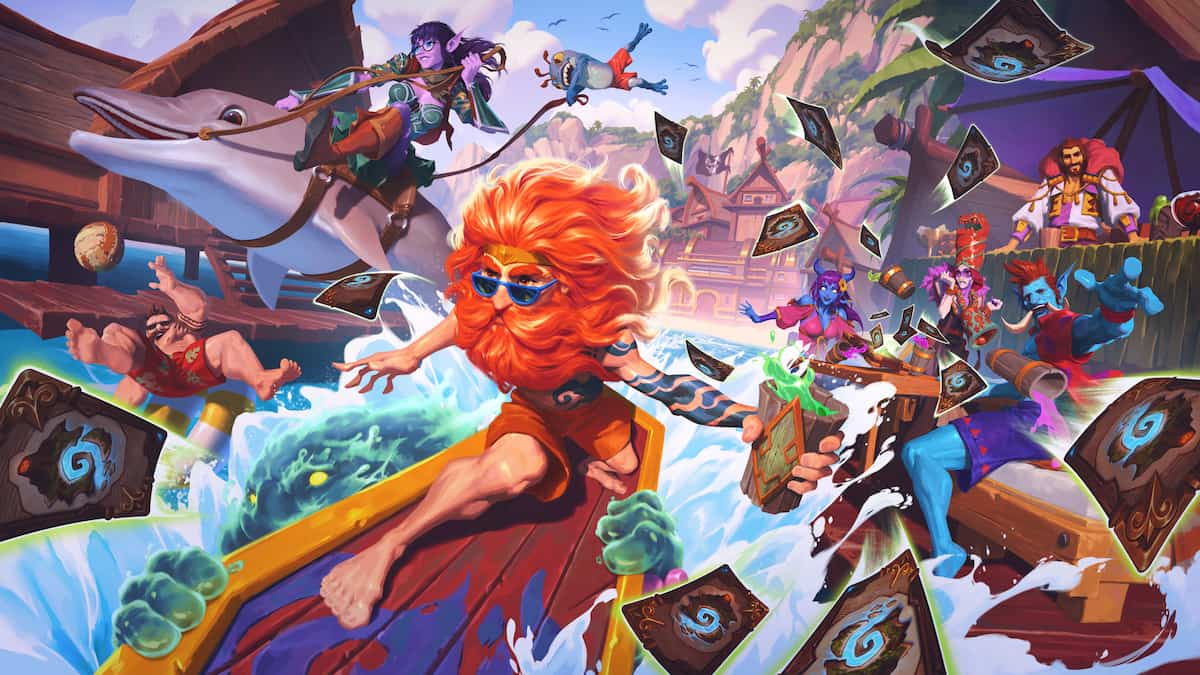
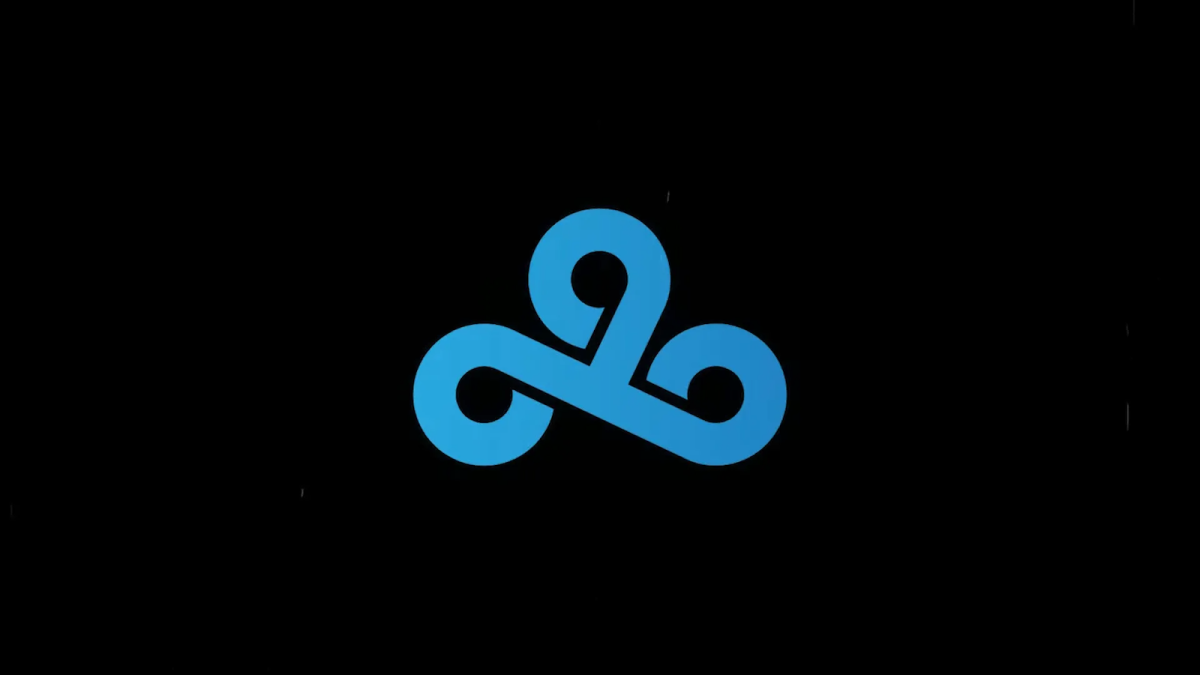
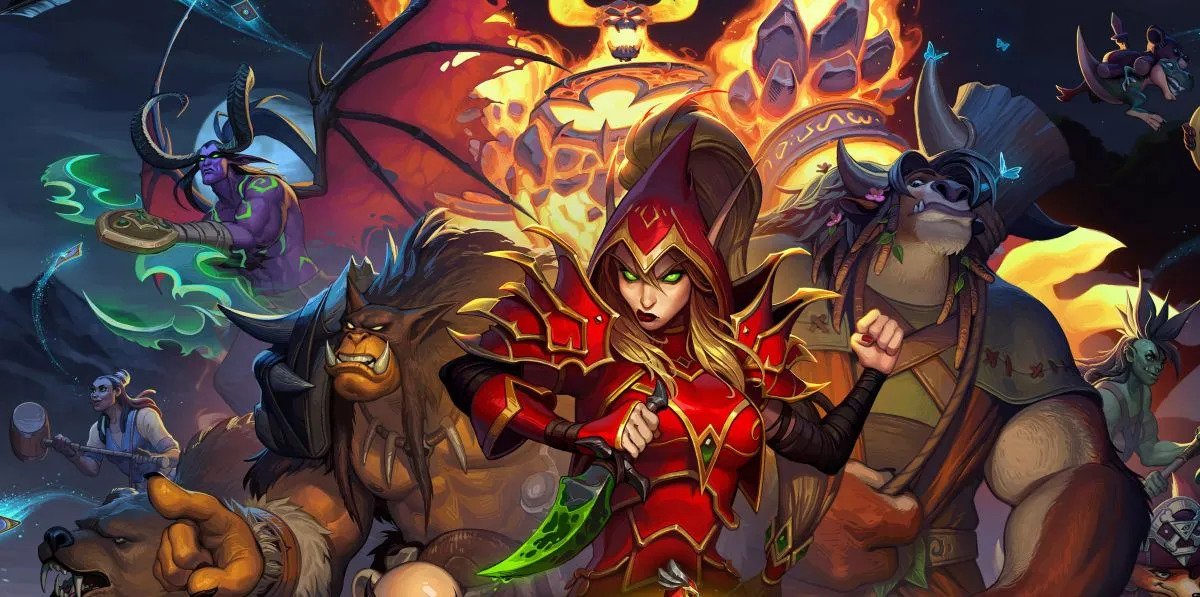
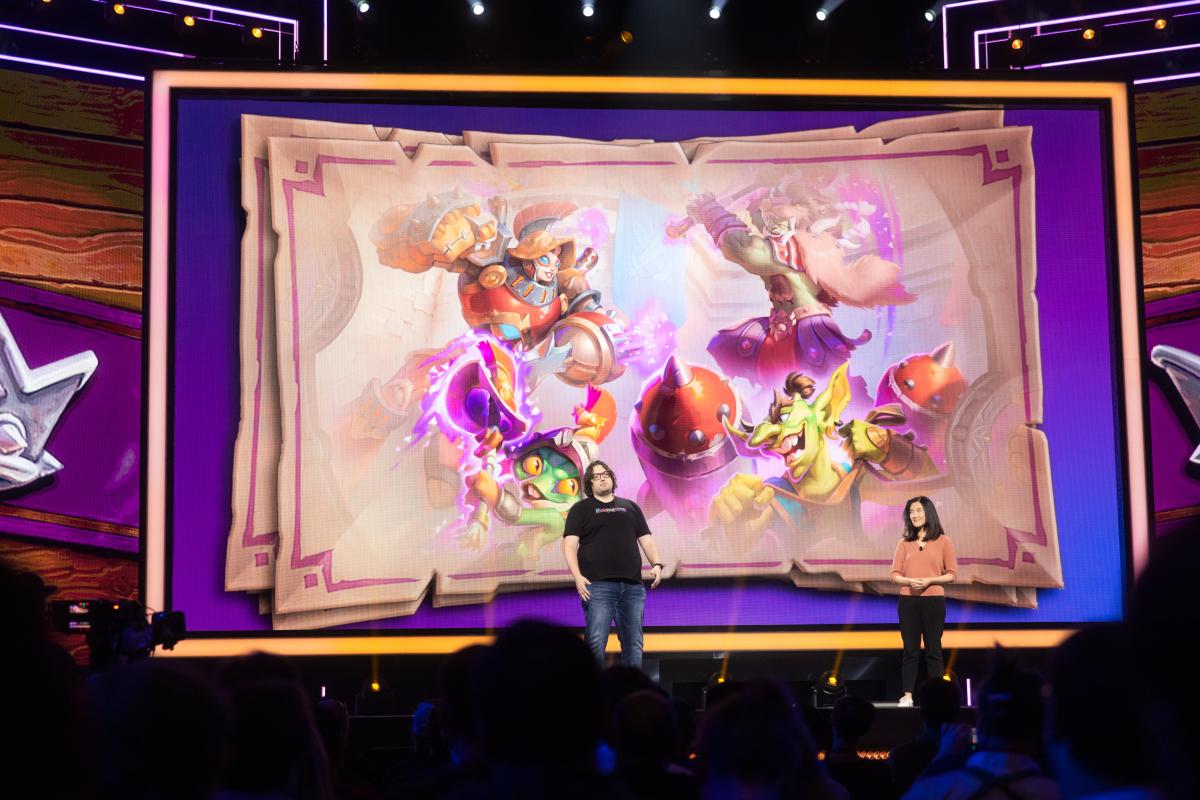
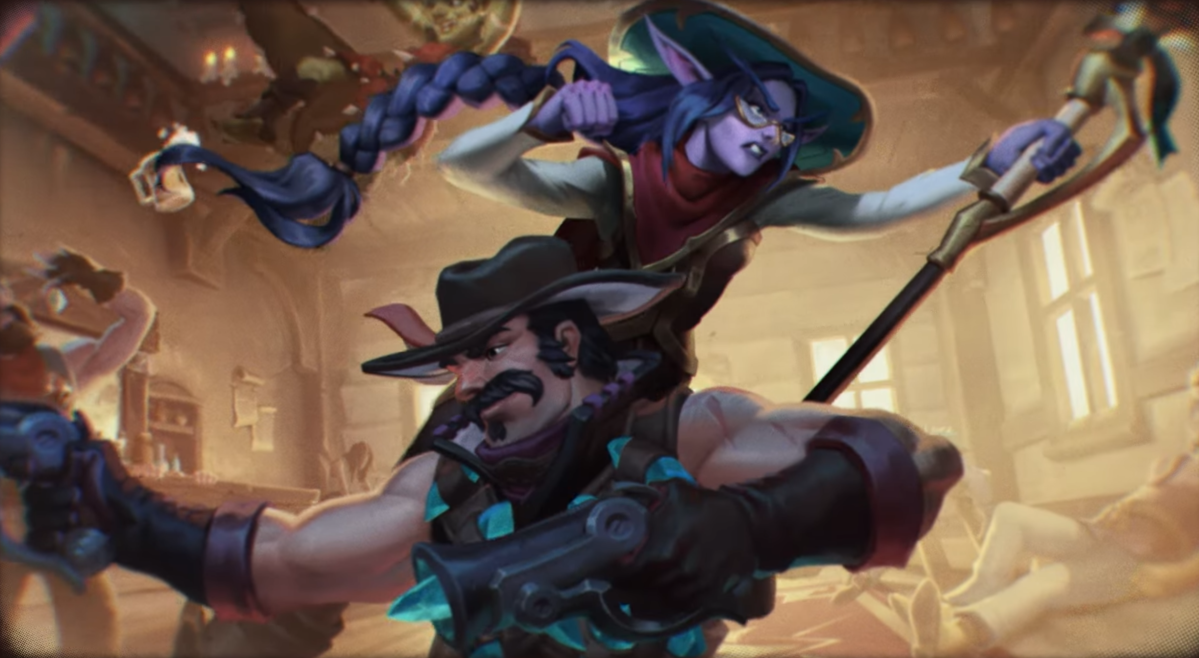
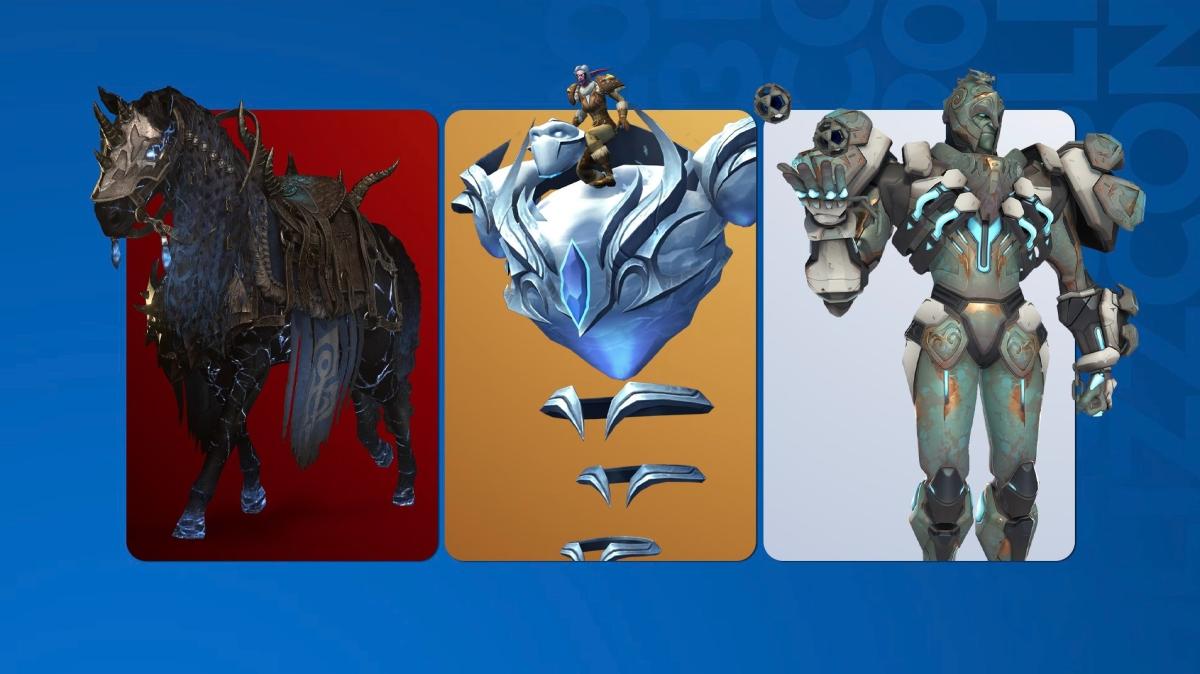
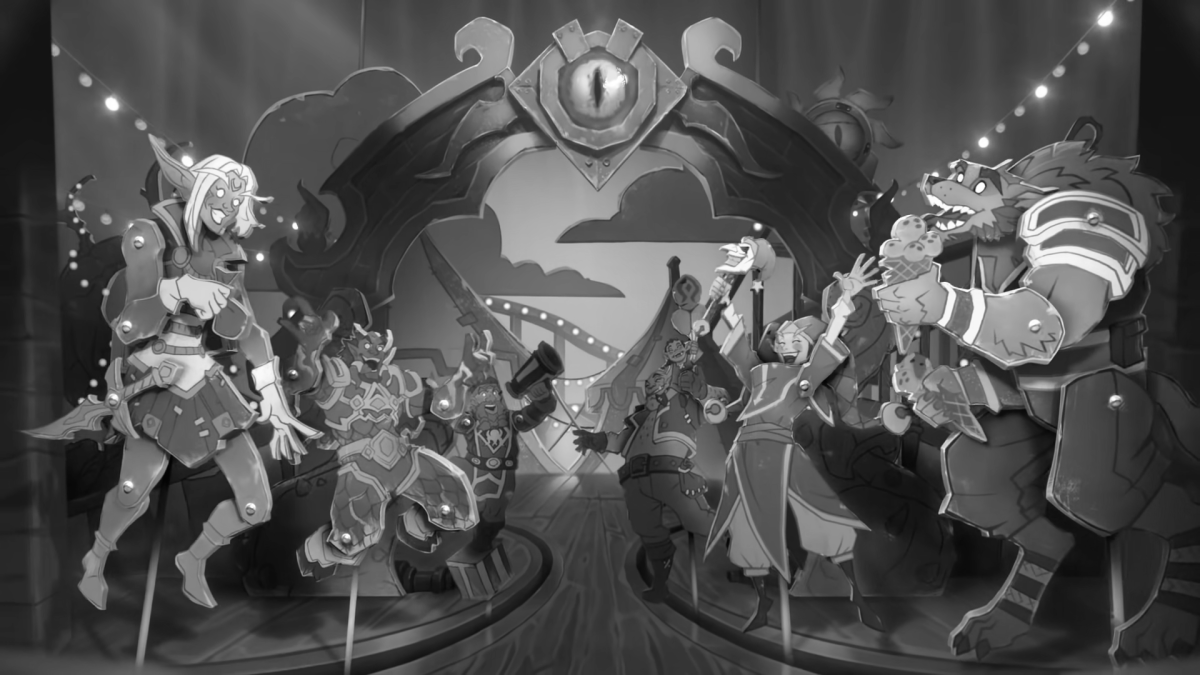
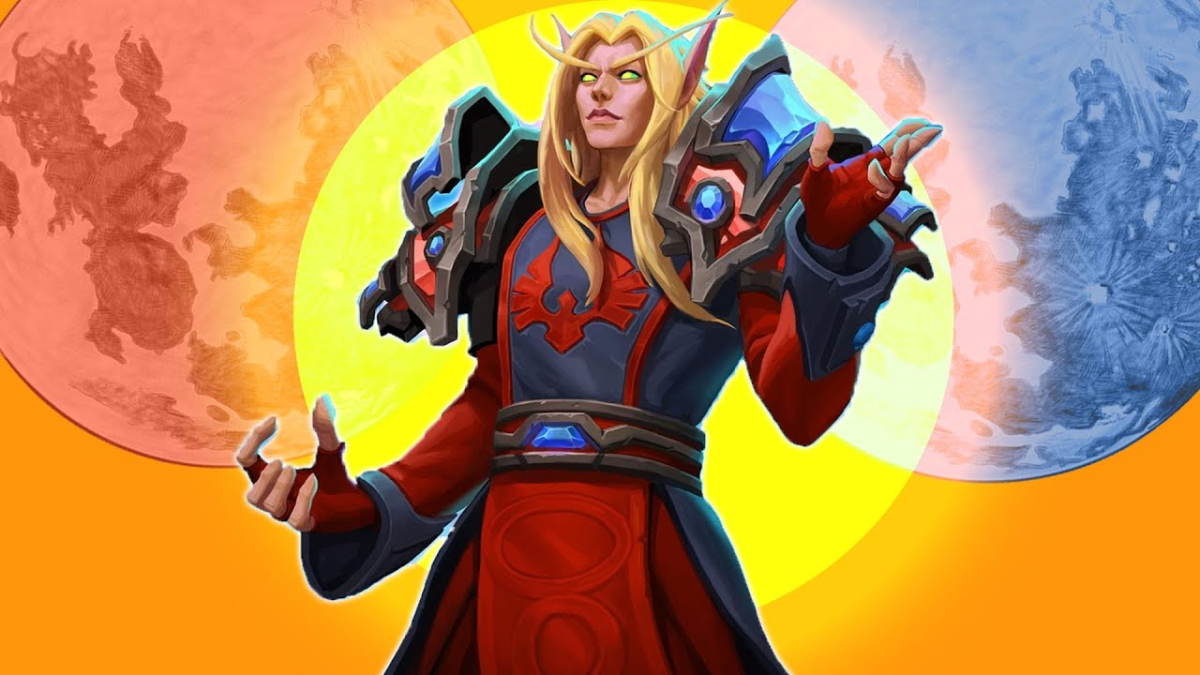
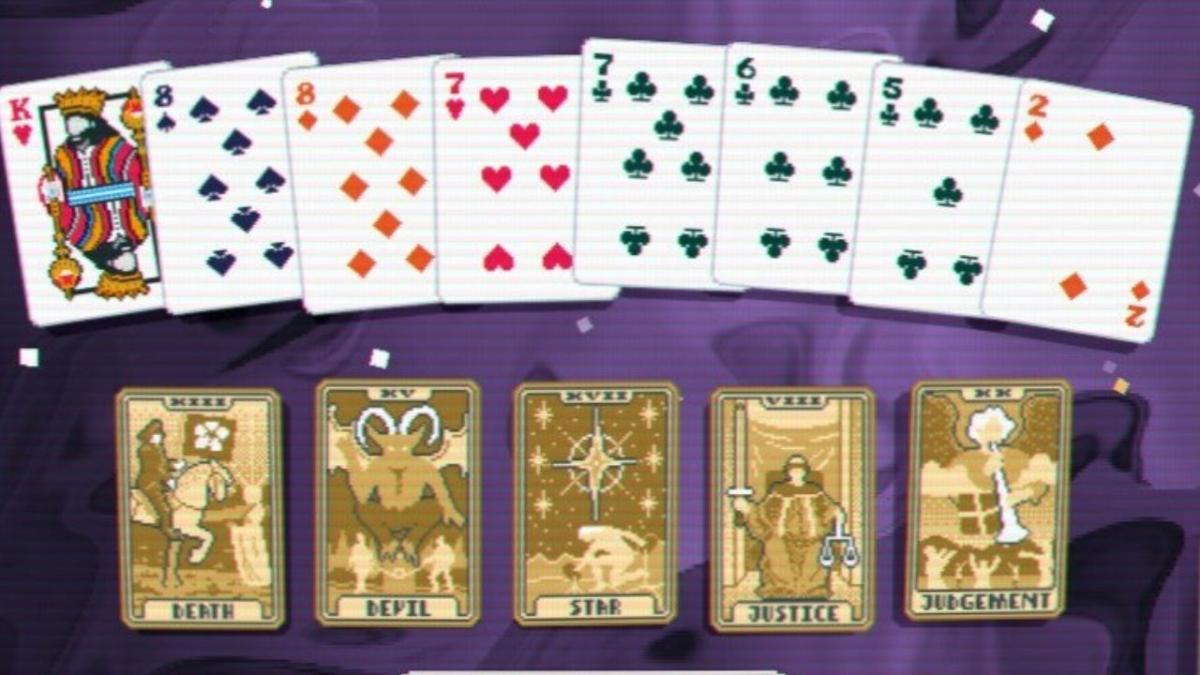
Published: May 12, 2017 10:49 am